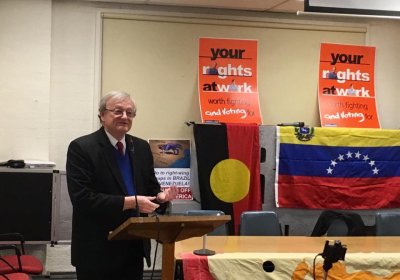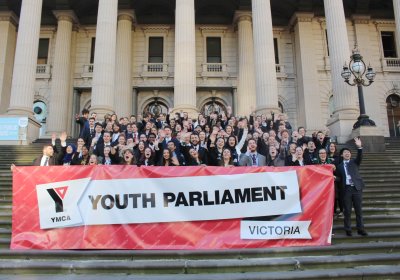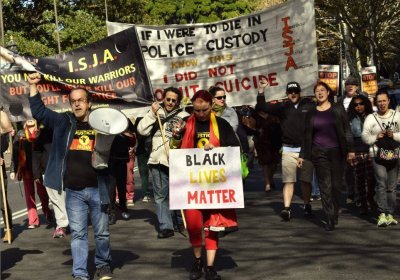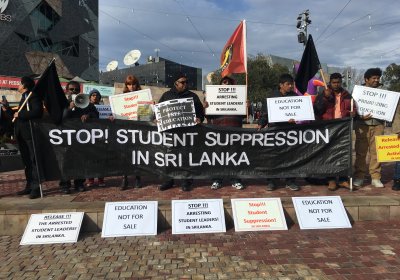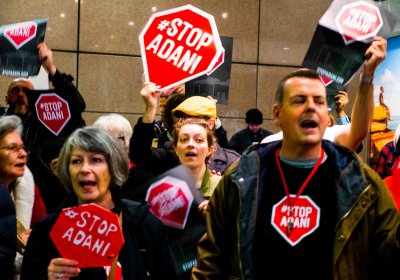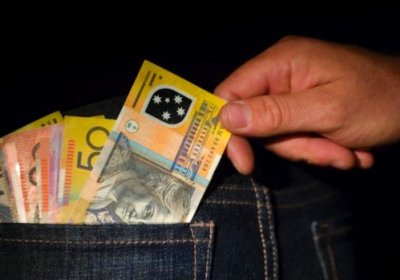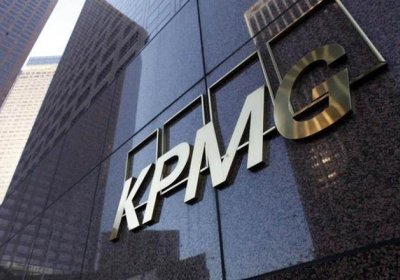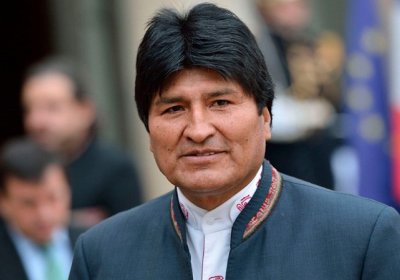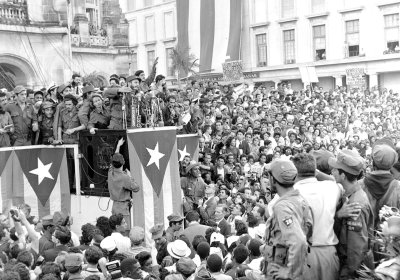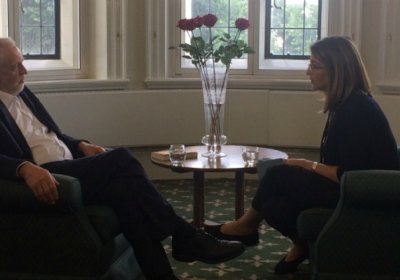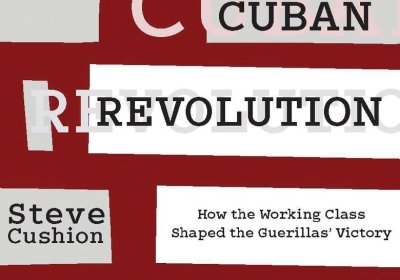About 50 people gathered on July 8 at the Maritime Union of Australia (MUA) offices in Sydney to celebrate Venezuela’s Independence Day and express support for the Venezuelan people and their government.
It followed a reception of more than 100 guests organised by the Embassy of the Bolivarian Republic of Venezuela in Canberra on July 5, marking the 206th anniversary of Venezuela’s Independence Day.
